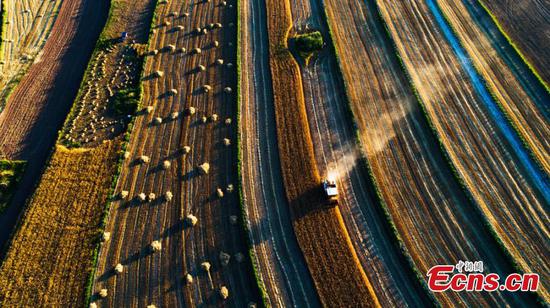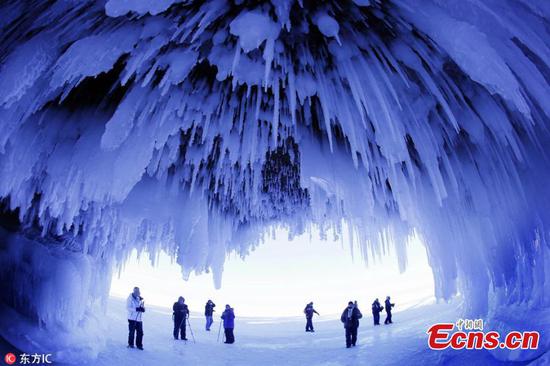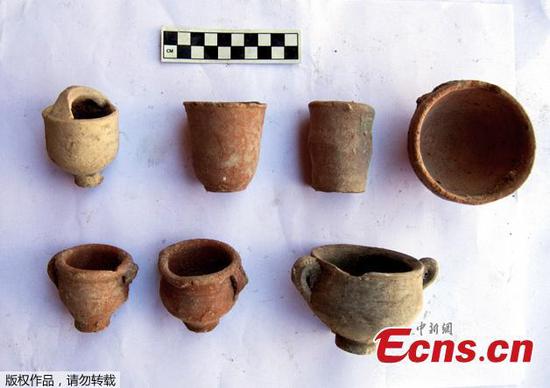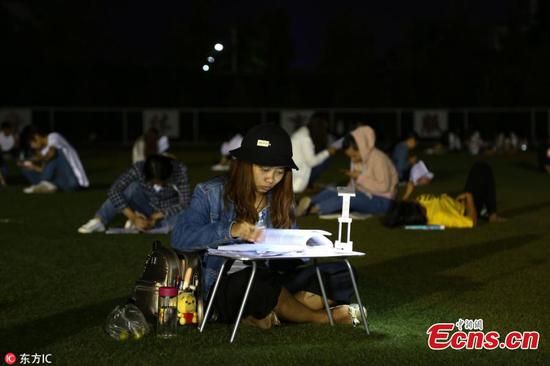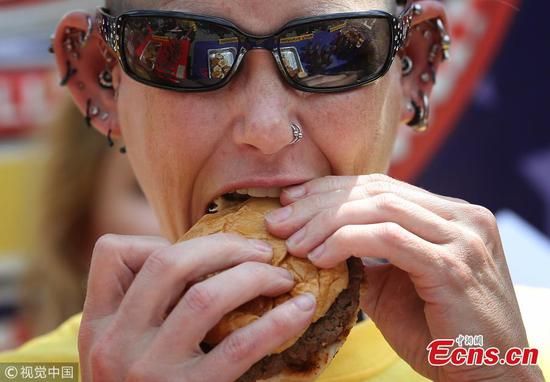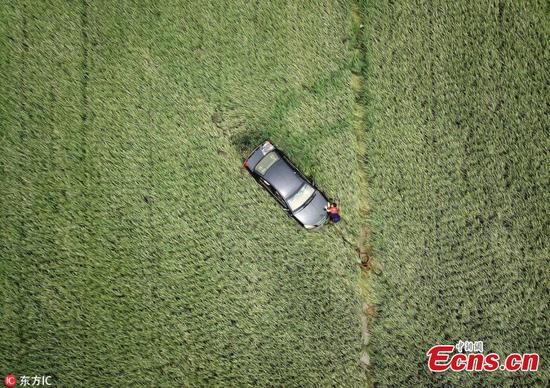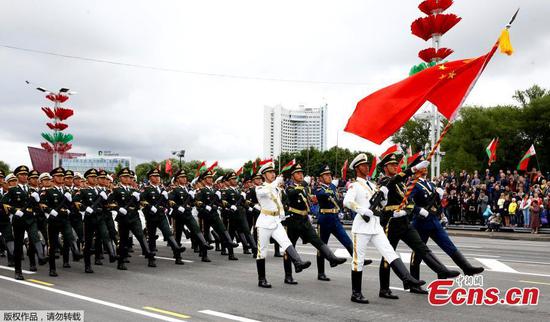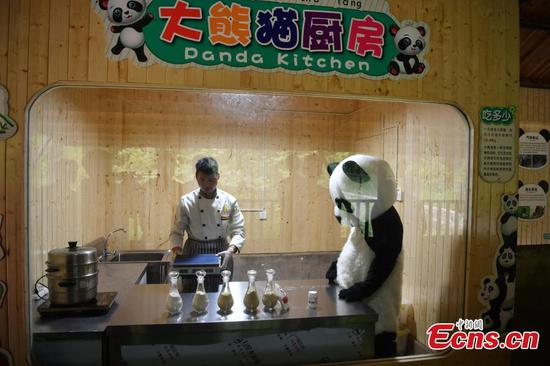China is capable of maintaining steady economic growth and high-quality development despite uncertainty in the global economy, a senior Chinese official said.
"The economy has been stable and sound this year," Ning Jizhe, head of the National Bureau of Statistics (NBS), told Xinhua.
GDP expanded 6.8 percent year on year in Q1 and is expected to perform similarly in Q2. Employment is stable and inflation tame.
Output in high-tech and equipment manufacturing sectors grew 5.1 and 2.4 percentage points faster than the industrial average in the first five months, with an upsurge in production of new energy vehicles and industrial robots.
The complicated situation necessitates economic regulation, proactive fiscal policy and prudent monetary policy, Ning said.
Ning also highlighted supply-side structural reform in sustaining growth. Utilization of industrial capacity reached 76.5 percent in Q1, up 0.7 percentage points from a year ago.
Reform of market supervision, reduced burdens on businesses and coordinated regional development were also significant, Ning said.
The NBS head acknowledged that China finds itself in complex circumstances but the economy remains stable.
"After years of adjustment, the economic landscape has gone through profound changes as internal demand has emerged as the primary economic driving force," Ning said.
Consumption contributed 77.8 percent to economic growth in Q1, up from 58.8 percent in 2017.
The economy is resilient with huge potential and stamina, and will continue to operate in the reasonable range, Ning said.












